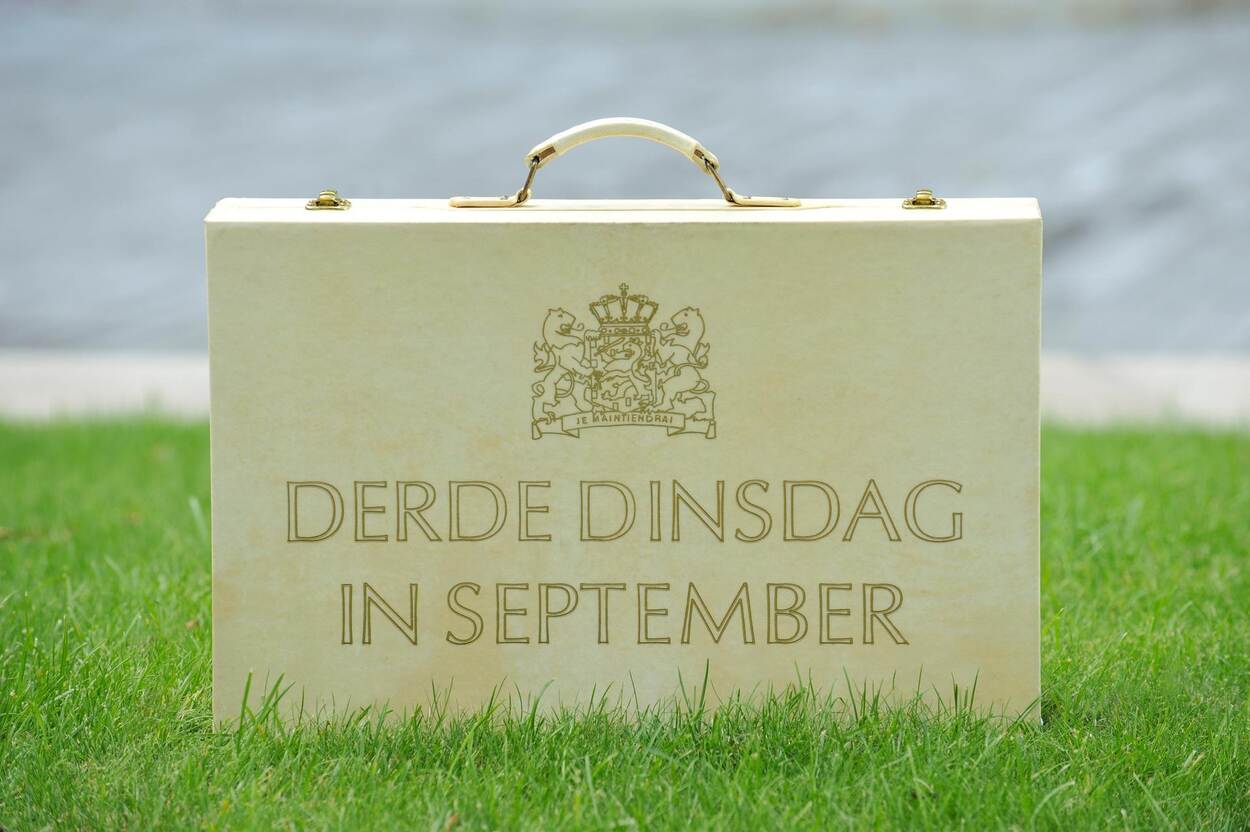
Budget Day Special
Tax Plan 2021 | Overview of key proposals (part 1)
15 September 2020
15 September 2020
Traditionally, the Dutch Ministry of Finance presents its budget, including its tax plans ("Tax Plan") for the coming year, on the third Tuesday of September, Budget Day (Prinsjesdag). Due to COVID-19, the Tax Plan for 2021 contains a mixture of specific COVID-19 related proposals and more general measures. The various bills must be approved by the Dutch Parliament and may be amended during the legislative process. If approved, most of these bills will enter into effect on 1 January 2021 and may considerably impact existing legislation and taxpayers. We have outlined the main proposals below.
Corporate income tax
1. Corporate income tax rate will not be reduced- The corporate income tax rate will remain at 25% (instead of the intended reduction 21.7%).
- The corporate income tax rate will be reduced to 15% (currently 16.5%) for taxable profits up to EUR 245,000 in 2021 (currently EUR 200,000) and EUR 395,000 in 2022.
2. Effective Innovation Box tax rate will increase to 9%
- The effective tax rate on royalty income (Innovation Box) will increase from 7% to 9%.
3. New legislation governing the application of the ATAD 2 hybrid mismatch rules and the earnings stripping rule
- Interest that is already non-deductible under the (ATAD 2 based) hybrid mismatch rules will not also be restricted under the earnings stripping rule.
- Some additional case-specific measures have been proposed.
4. Negative interest and positive currency exchange results no longer exempt from tax under the anti-base erosion rules
- Negative interest and positive currency exchange results realised on finance schemes that are subject to certain anti-base erosion rules are currently tax exempt. The government considers this to be undesirable. Therefore, if a taxpayer realises negative interest or positive currency exchange results on a net basis, these results will no longer be tax exempt under the amended anti-base erosion rules.
5. 'Coronavirus reserve' codified for corporate income tax purposes
- Under the current COVID-19 decrees, taxpayers were allowed to form a 'Coronavirus reserve' allowing them to effectively already carry back the anticipated 2020 tax losses in their 2019 corporate income tax return. The 'Coronavirus reserve' will, in principle, unwind in 2020.
- This allowance is now codified.
Wage and income tax
6. Changes to the income tax rates and allowances for Box 1, 2 and 3- The income tax rate for Box 1 (business and employment income) will be reduced to 37.10% for income up to EUR 68,507 and 49.5% for income exceeding EUR 68,507.
- The income tax rate for Box 2 (dividends and capital gains on a substantial interest) will be increased to 26.9%.
- The tax-free allowance for Box 3 income (savings and portfolio investments) will be increased to EUR 50,000 (currently EUR 30,846) and EUR 100,000 (currently EUR 61,692) for tax partners.
- The applicable tax rate for Box 3 income will increase from 30% to 31% as per 1 January 2021.
7. Work-Related Costs Scheme temporarily increased
- Earlier this year, the government announced that it would temporarily increase the amount of tax-free reimbursements that an employer can provide its employees under the Work-Related Costs Scheme (werkkostenregeling). This allowance is increased to 3% (instead of 1.7%) of the employer's total payroll expenses up to EUR 400,000 and 1.2% of the total payroll expenses exceeding that amount. This increased allowance is now codified. The allowance for the total payroll expenses exceeding EUR 400,000 will be decreased from 1.2% to 1.18% as from 2021.
8. 'Compensation for entrepreneurs in Affected Sectors COVID-19 (TOGS)' will be tax exempt
- Any compensation obtained by entrepreneurs under the 'Compensation for entrepreneurs in Affected Sectors COVID-19 Arrangement' (Beleidsregel Tegemoetkoming ondernemers getroffen sectoren) will be tax exempt.
Real estate transfer tax
9. Real estate transfer tax rate increased with an exemption for first-time buyers- The real estate transfer tax rate on the purchase of non-dwellings and residential properties that are not used by the buyer as his or her main residence (e.g. properties that are rented out) will increase from 6% to 8%.
- The reduced 2% real estate transfer tax rate for the purchase of a residential property will only apply if the buyer uses it as his or her main residence (i.e. will live in the property).
- Private individuals up to the age of 35 buying their first home are exempt from real estate transfer tax.
Environmental taxes
10. CO2 levy introduced- The 'CO2 Levy Industry' bill proposes introducing a CO2 levy on greenhouse gas emissions caused by industrial production and waste incineration.
Other potential bills expected to be announced in 2021
The government also announced that it is currently working on some additional bills that may be issued during 2021. We have highlighted some of the key elements (as already disclosed by the government) below.11. Tax loss carry forward restrictions may be abolished but a cap on tax loss utilisation may be introduced
- The tax loss carry forward period may become unlimited in time (currently six years).
- Tax losses may in that case be fully offset against profits up to EUR 1 million and 50% of any profits exceeding that amount.
12. Arm's length principle to be amended in case of cross-border mismatches
- The downward adjustment of the Dutch taxable profit on the basis of the arm's length principle may be limited in cases where the corresponding income at the level of the foreign affiliated party is not taken into account by that other jurisdiction or is only taken into account for a lower amount.
13. Further interest deductibility limitations may be introduced
- The government will assess whether further interest deductibility limitations, including a further reduction of the 30% EBITDA allowance under the earnings stripping rule, are necessary to achieve a more balanced tax treatment of equity and debt financing.
14. New rules for offsetting dividend withholding tax against corporate income tax
- Under the new rules, dividend withholding taxes may only be offset against the corporate income tax payable over a relevant year.
- If insufficient taxable income is available in the relevant year, any dividend withholding tax that cannot be offset may be carried forward to the next year.
15. Changes to the tax treatment of stock option rights issued to employees by startups
- The government is currently working on new rules for the tax treatment of stock option rights that are issued by startups to their employees. The current expectation is that these will become taxable at the moment that the shares are sold rather than the moment at which the stock option rights are exercised.
16. Conditional withholding tax on dividends to low tax and non-cooperative jurisdictions
- A withholding tax on dividends paid to related entities in designated low-tax and non-cooperative jurisdictions will most likely become applicable as of 1 January 2024.
- The tax rate is expected to be equal to the applicable corporate income tax rate.
Contact
Please contact our Houthoff Tax team if you want to discuss the impact of any of the above bills in further detail.Please find all the proposals here.
Written by:




